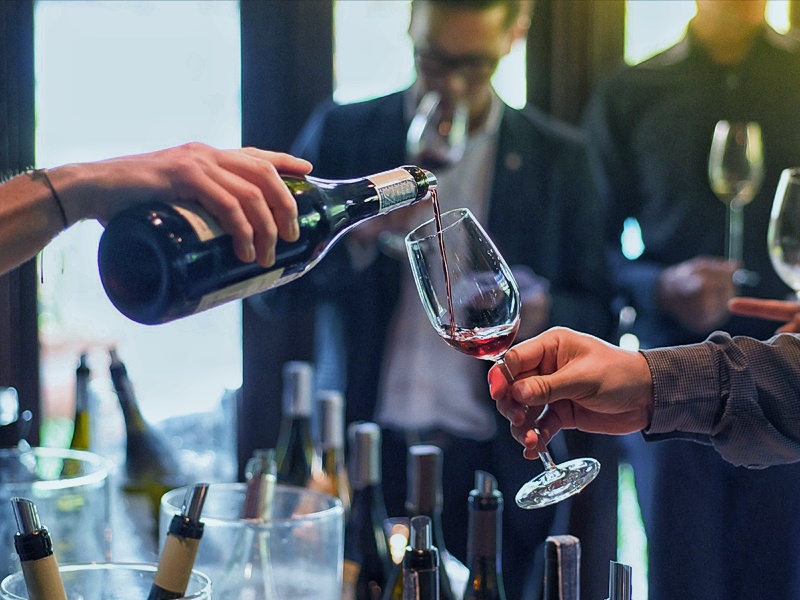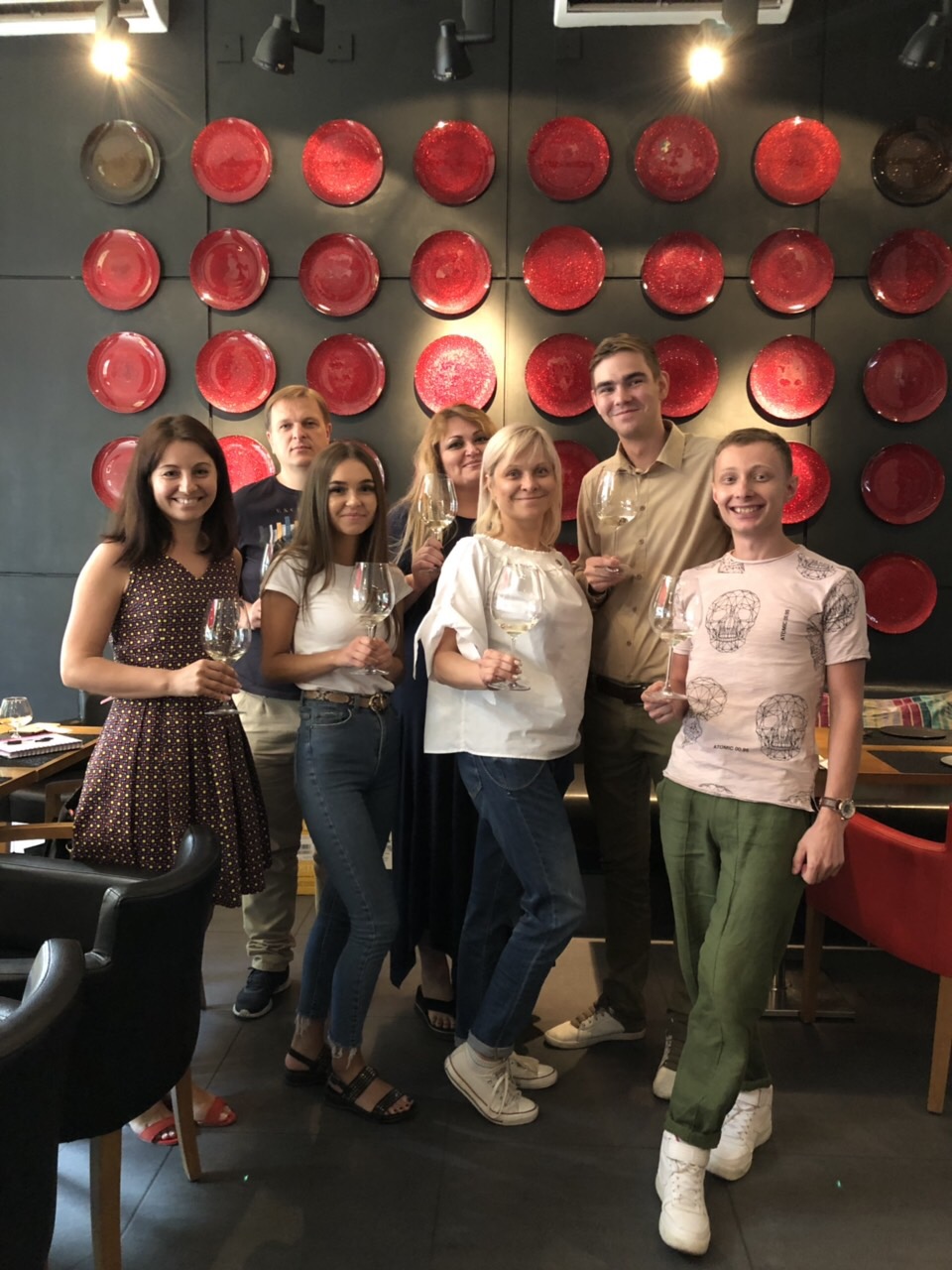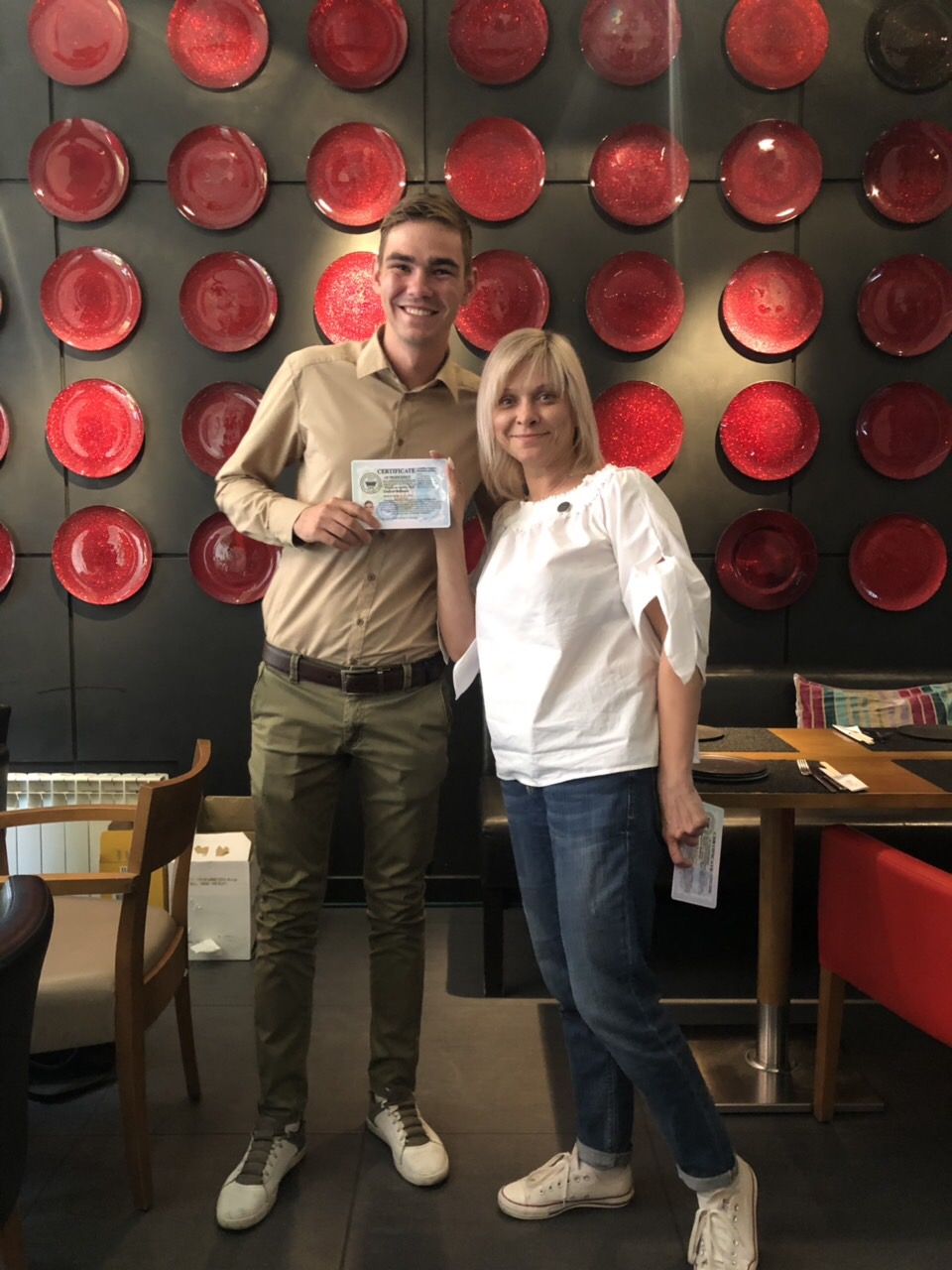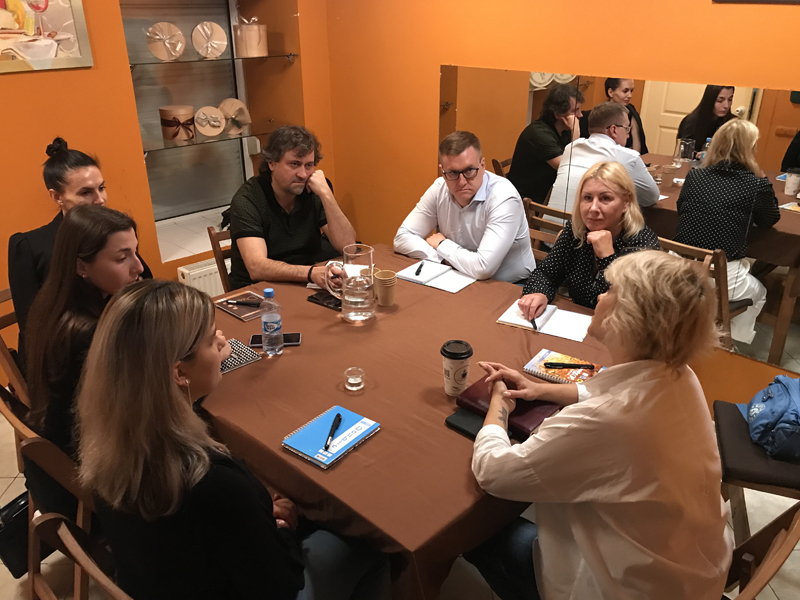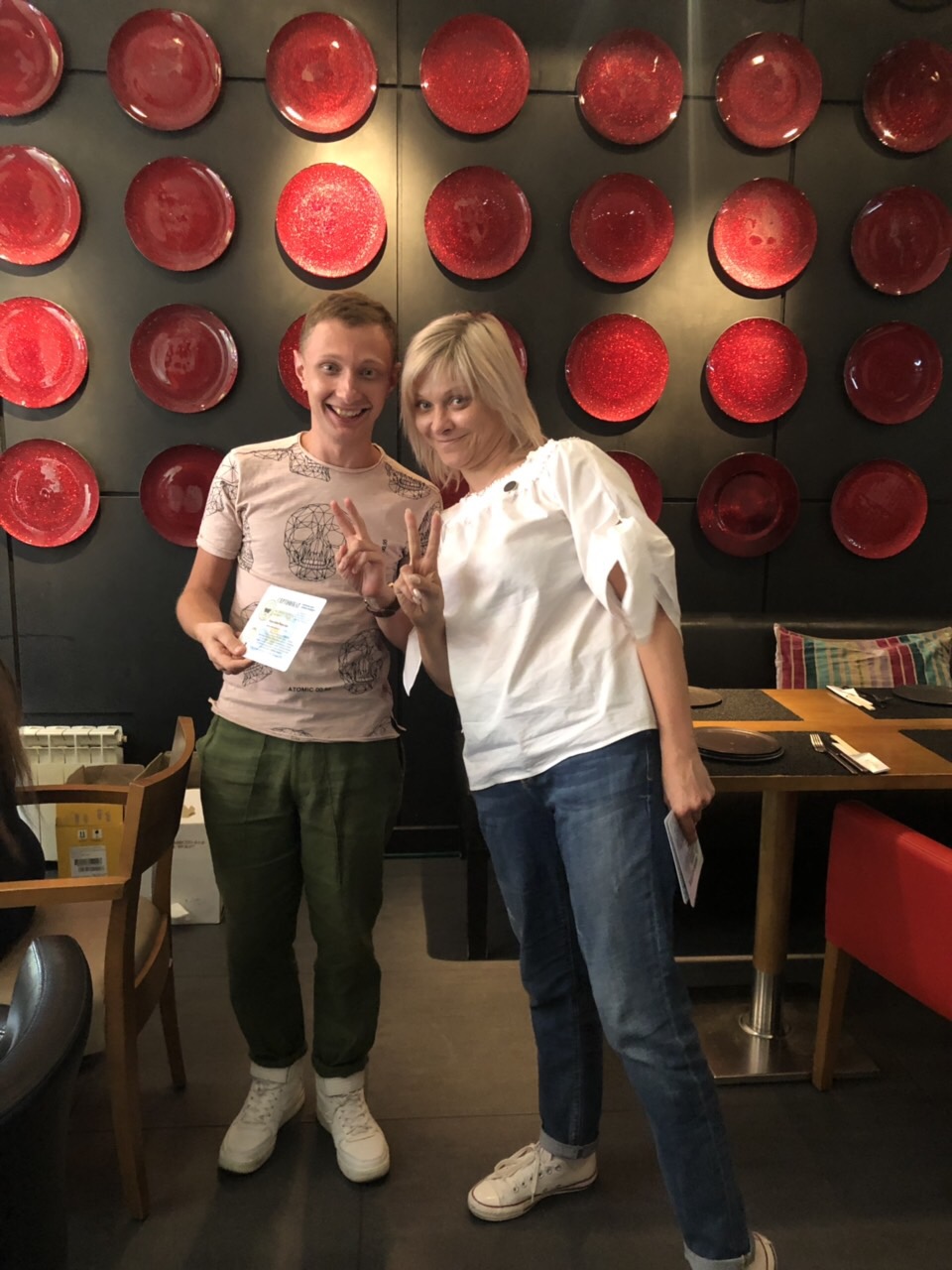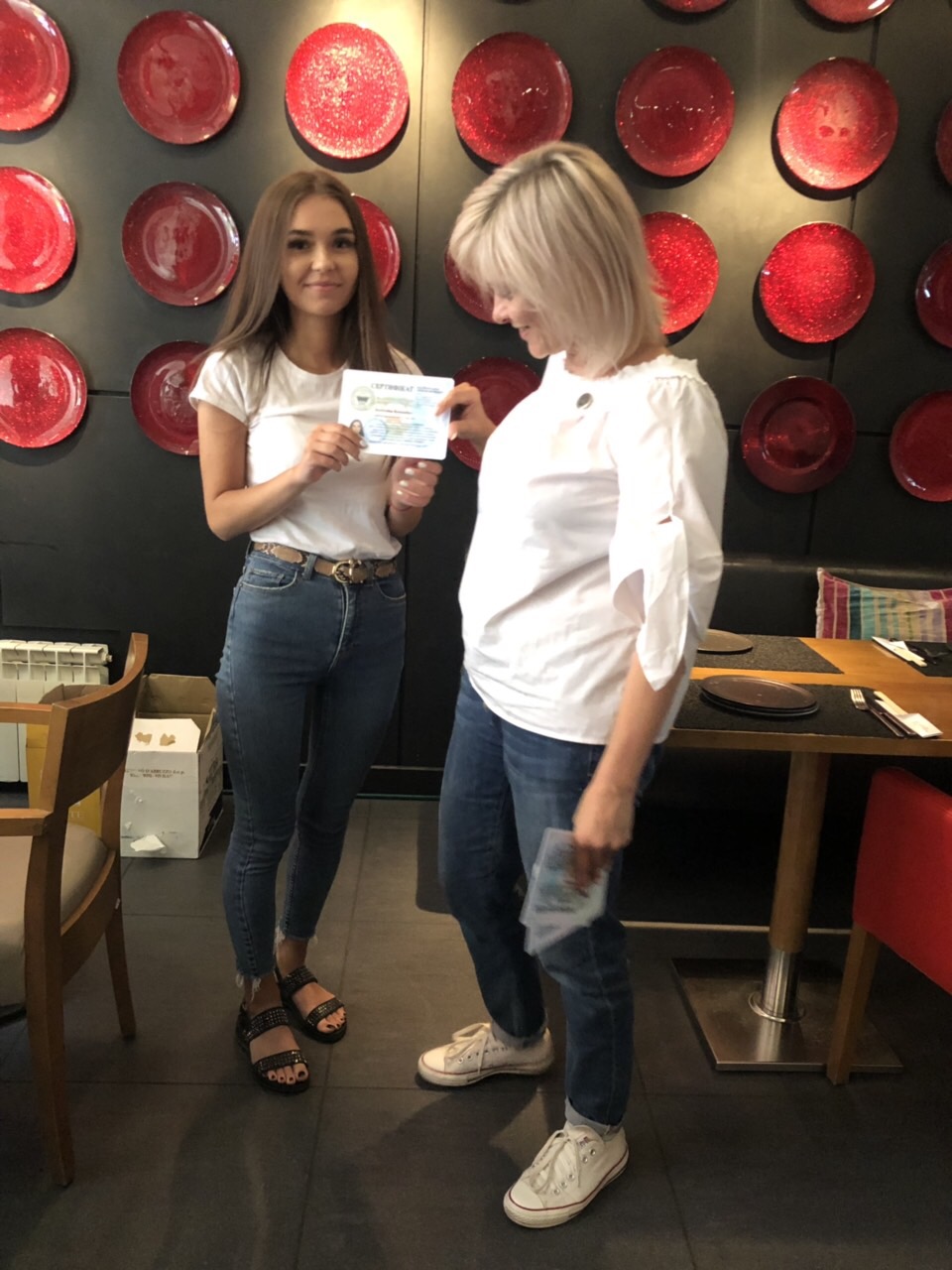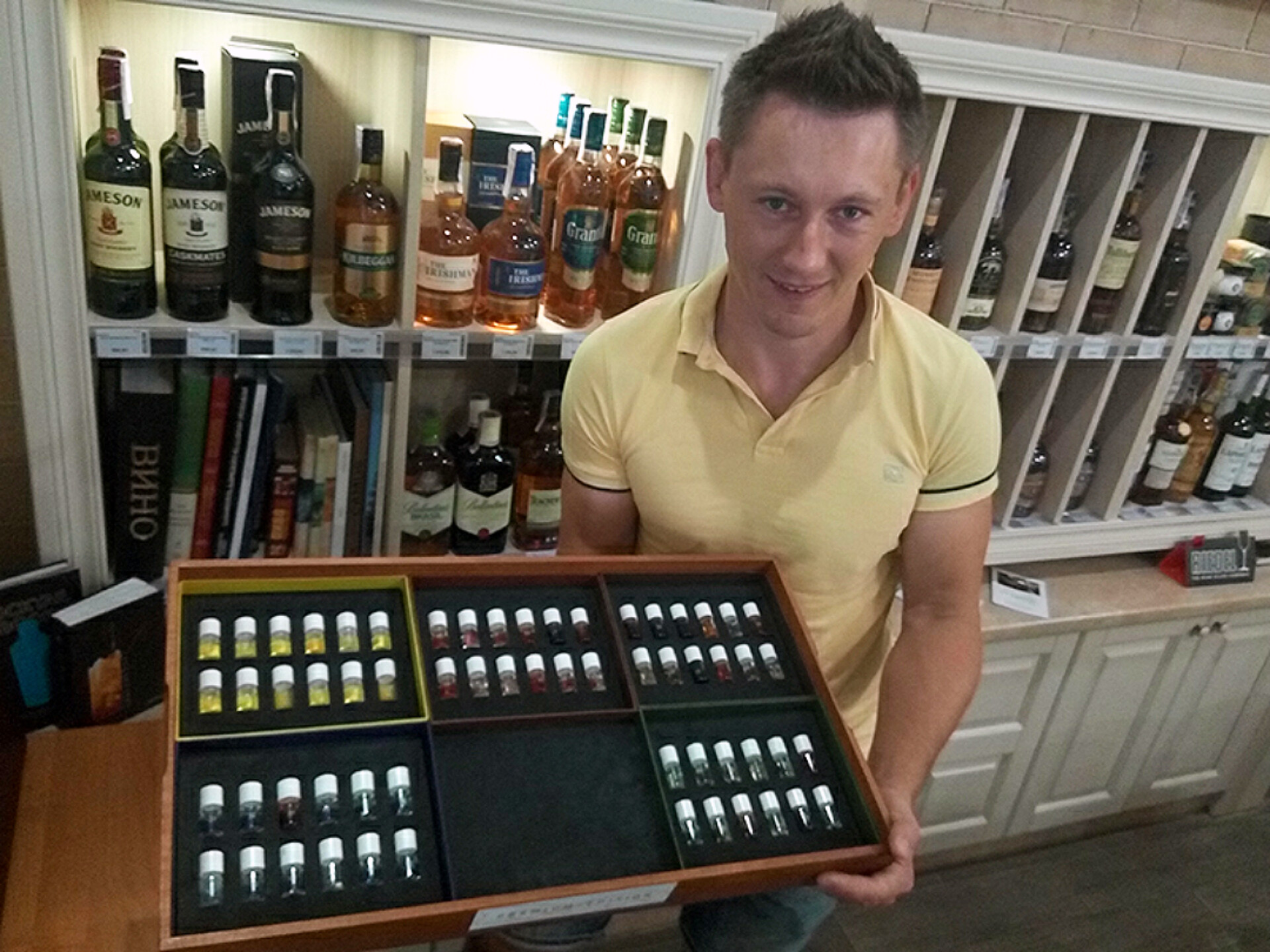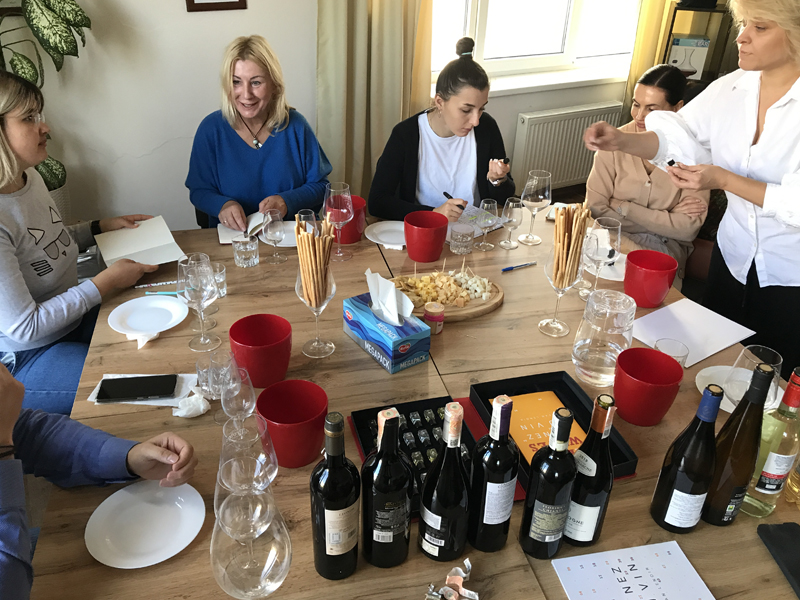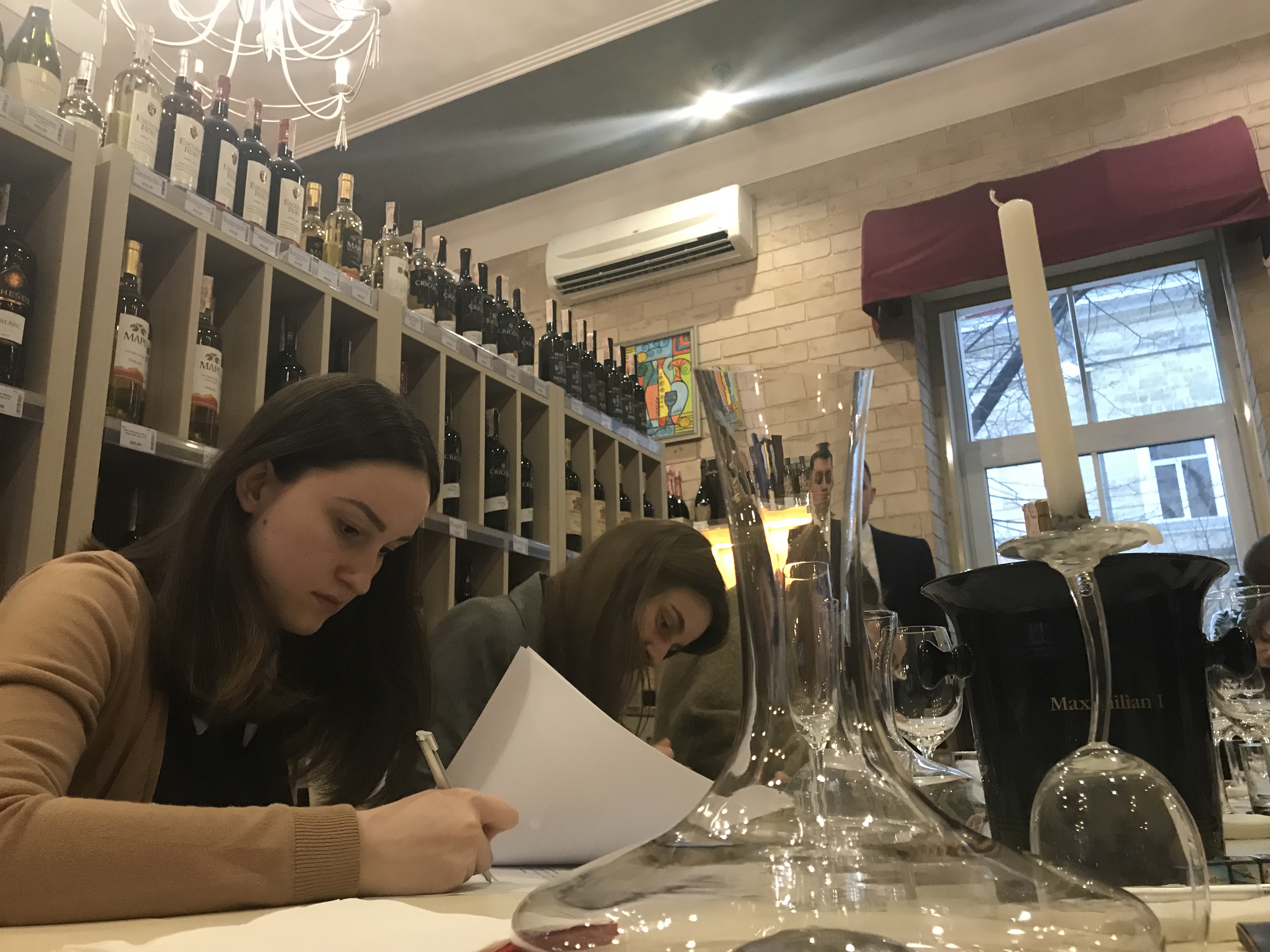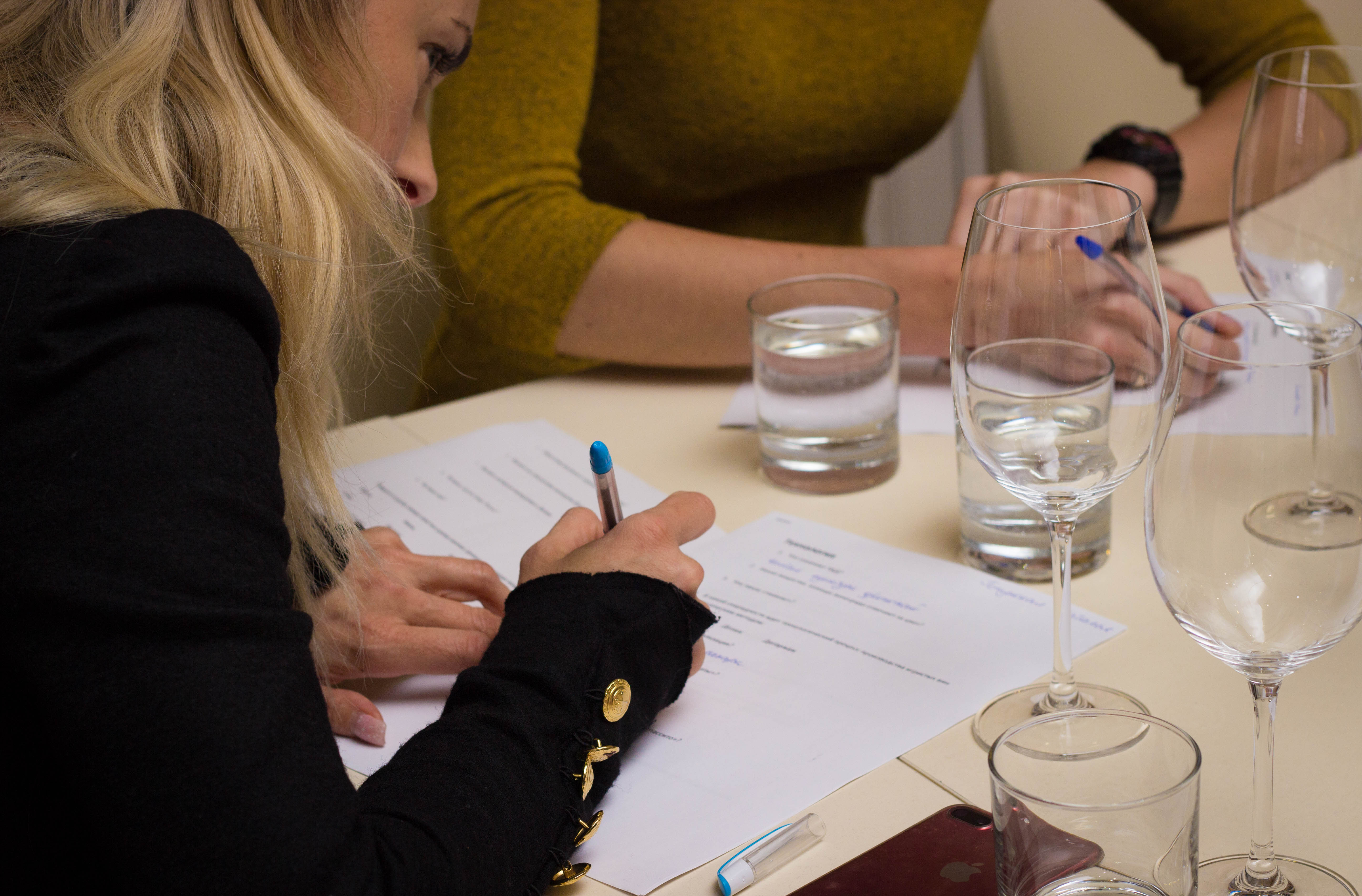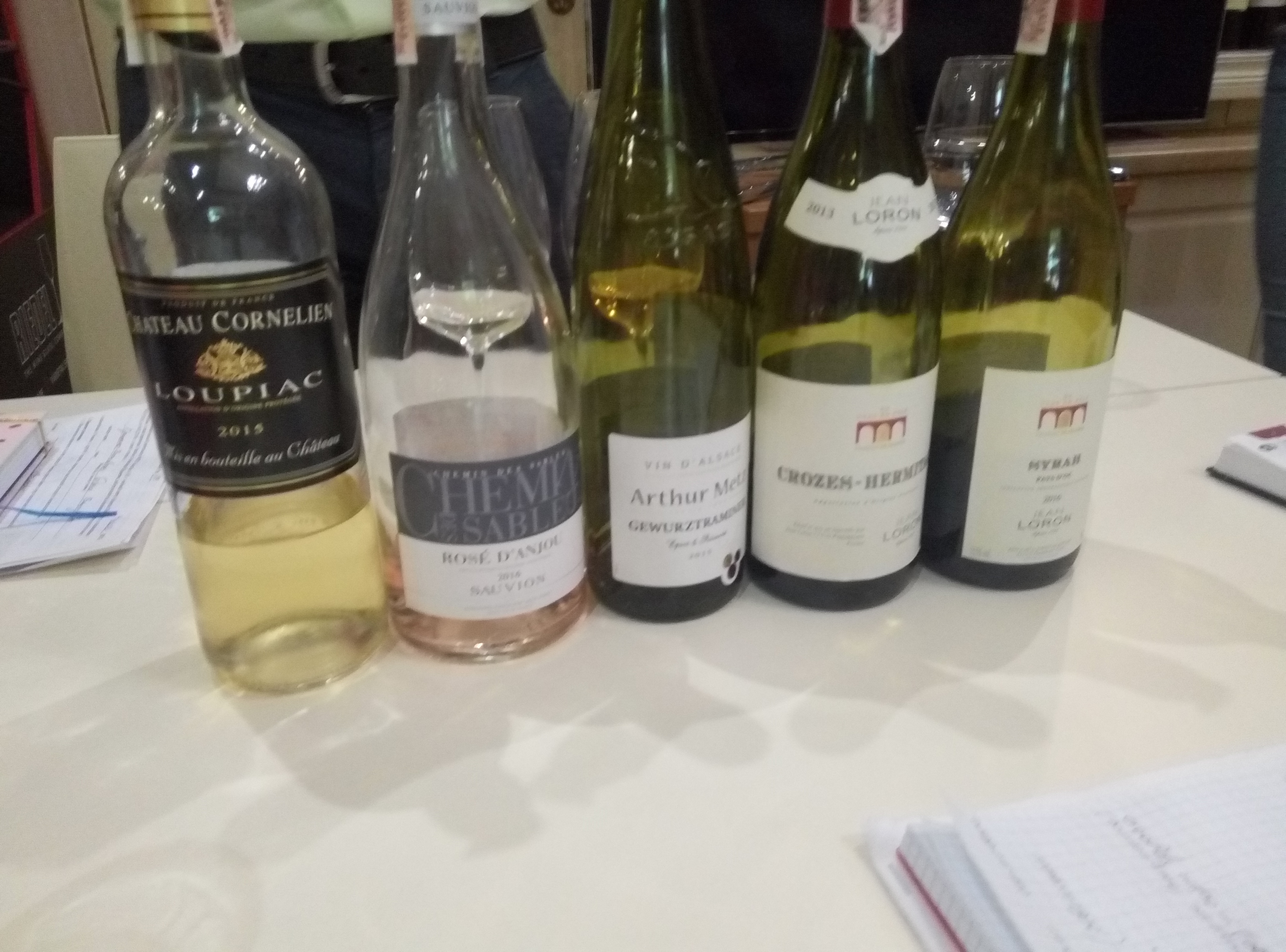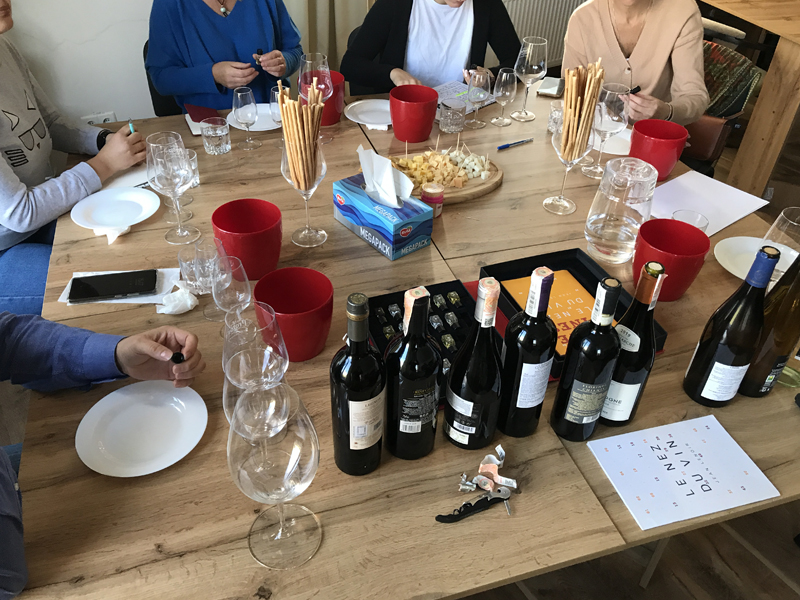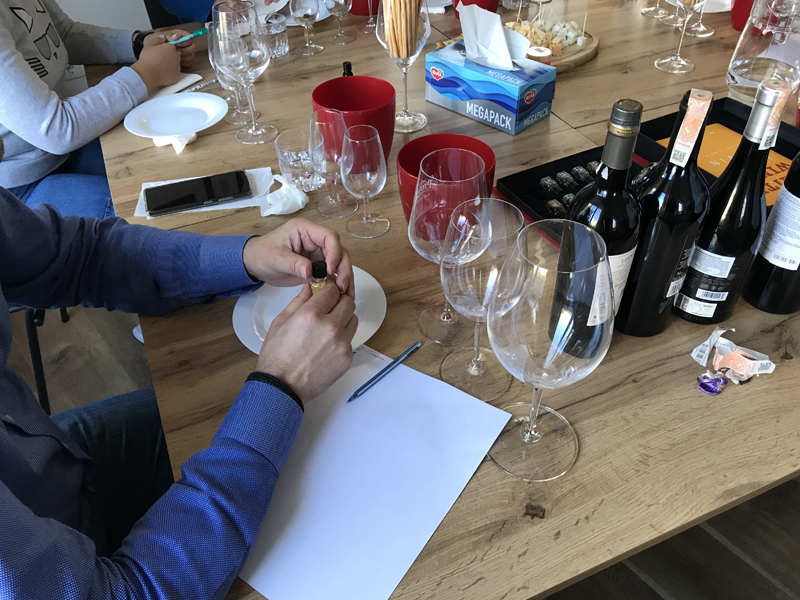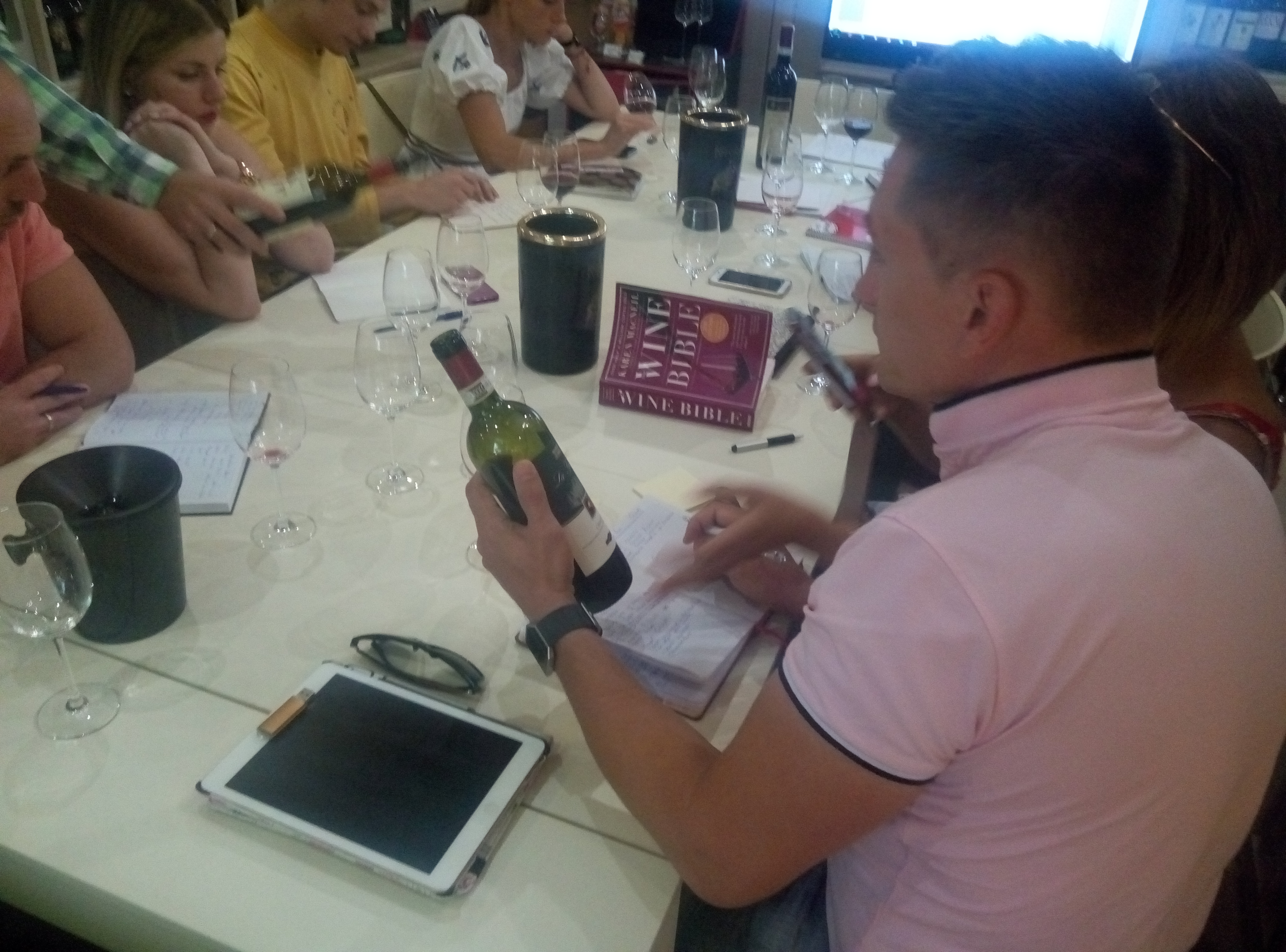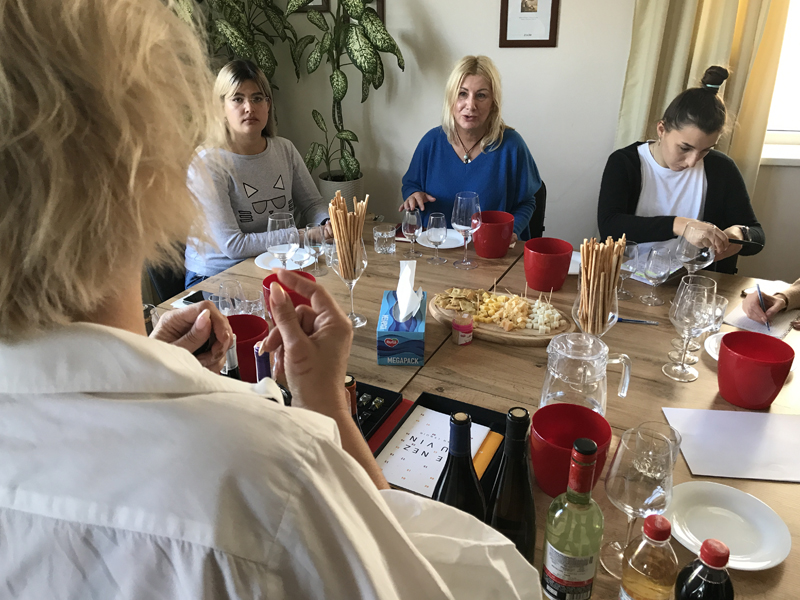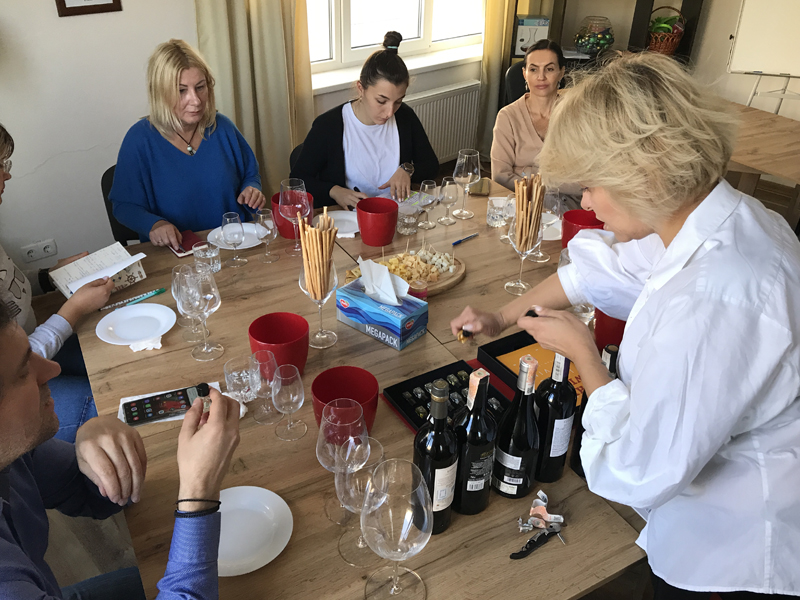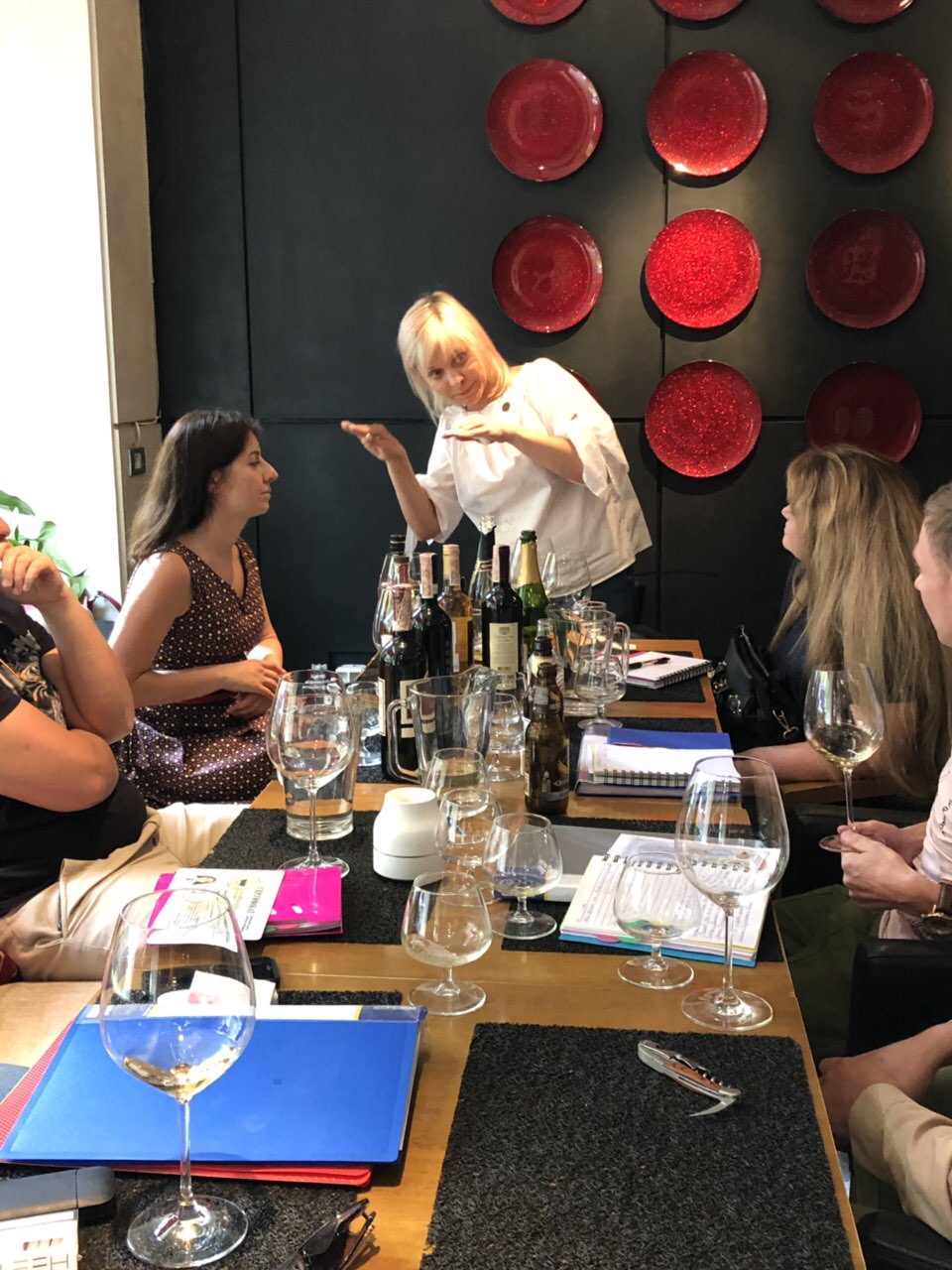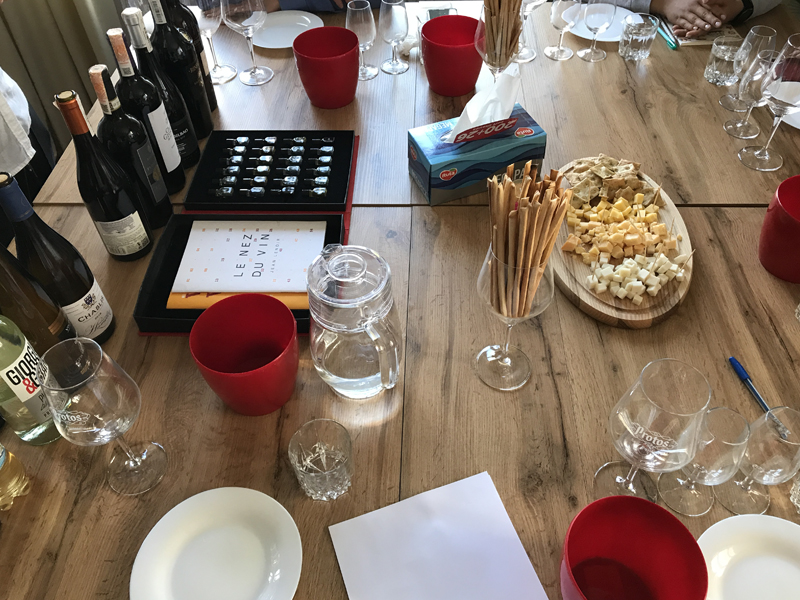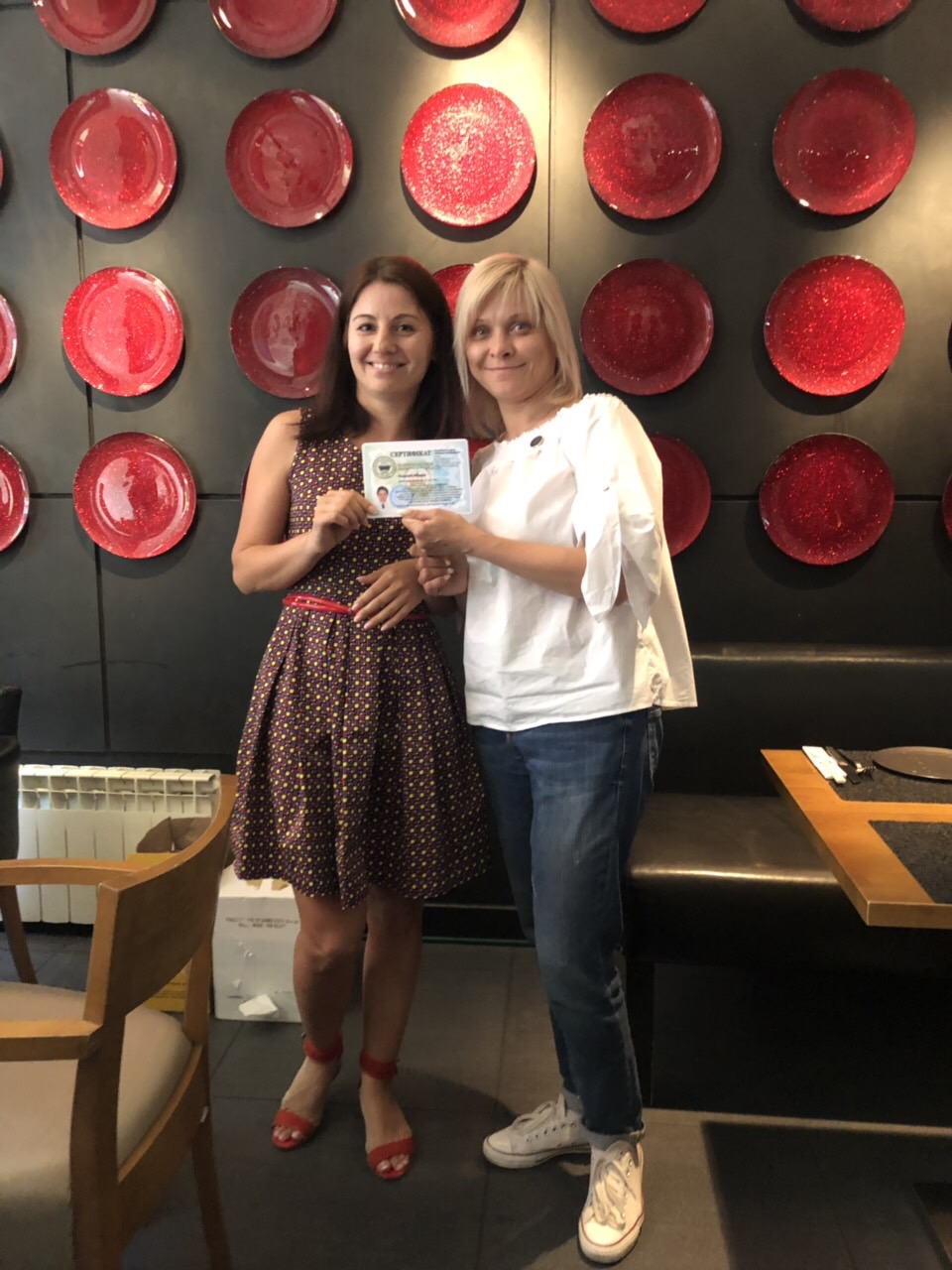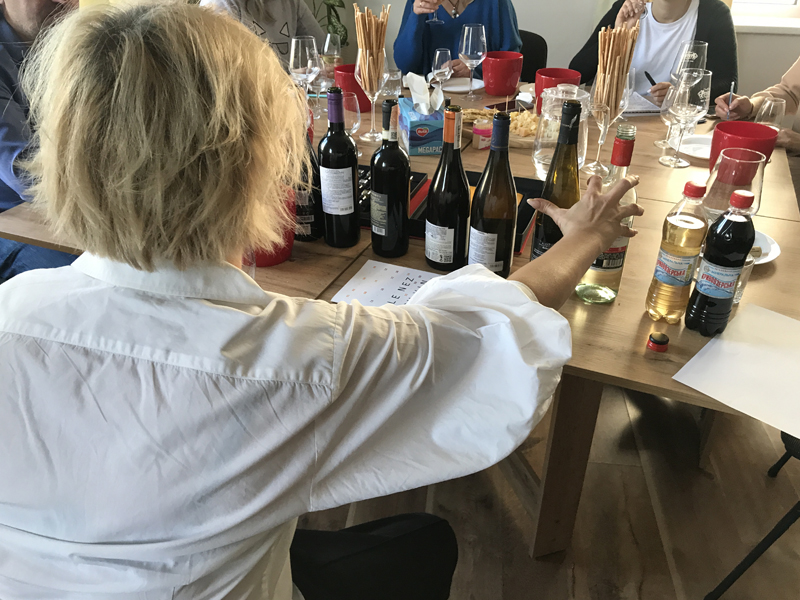Cavist (French caviste “worker, cellar keeper”; from French cave “cellar”) is an alcohol specialist who sells in specialized stores.
Sommelier (French sommelier, [sɔməlje]), or cupbearer - a restaurant employee responsible for purchasing, storing wines and presenting them to the client.
The sommelier creates a wine list, conducts wine tasting and gives recommendations on the choice of drinks to restaurant visitors.
GROUP TRAINING PROGRAM
The program can be adjusted.
PRACTICAL COURSE
Lesson No. 1. Saturday 10:00-15:00
Lesson topic: “Wine production. Grape varieties. Wine styles
During the lesson you will learn about the technology and stages of wine production, the temperature characteristics of making red and white wines, the duration of fermentation, get acquainted with the concept of “pressed wine”, about wine aging and much more.
Lesson No. 2. Sunday 10:00-15:00
Lesson topic: “Enology – the science of wine”
Oenology – is it a science or an art? Oenologist – scientist or creator? Let's look at the specifics of the work and the stages of interaction with winemakers. Get an answer to the question “why are the names of famous oenologists placed on wine bottles?” and, of course, to many of your other questions.
Lesson No. 3. Saturday 10:00-15:00
Lesson topic: “Cheeses. Cheese production, cheese styles, tasting rules, tastes”
In the lesson you will learn about the stages of cheese production, cheese classification, the world's best brands and why they became such. Get acquainted with the flavor combinations of cheese and wine and practice tasting. This is an exciting adventure into the unimaginable world of tastes and their combinations.
Lesson No. 4. Sunday 10:00-15:00
Lesson topic: “France. Wine regions of
France. Classification of French wines
You will get acquainted with such wine regions as Bordeaux, Burgundy, Champagne, Alsace. You will learn how the diversity of soils and climatic features affect the taste of wine, as well as which regions are famous for which wines. This fascinating journey through the French vineyards will be led by a sommelier-teacher, and rest assured, you will remember it for a long time.
Lesson No. 5. Saturday 10:00-15:00
Lesson topic: “Italy. Wine regions.
Classification of Italian wines
During the lesson you will get acquainted with the wine regions of Italy, such as Tuscany, Veneto, Piedmont, Fr. Sicily. You will discover the diversity and versatility of Italian wines, because Italy is a country stretching over 1000 km from north to south. Understanding Italian wines requires good knowledge and patience. The first will be given to you by the teacher - the sommelier, and the second - from you.
Lesson No. 6. Sunday 10:00-15:00
Lesson topic: “Spain. Classification of Spanish wines. Wine regions of Spain»
You will learn how climatic conditions: the proximity of the Atlantic Ocean, the Mediterranean Sea, desert, wind affect the taste of wine. Each specific province grows certain grape varieties, which determine the types of wines produced. All this determines the very specific and unique aroma and taste of Spanish wines. The sommelier teacher will become your guide through the labyrinths of Spanish wines.
Lesson No. 7. Saturday 10:00-15:00
Lesson topic: “Checking the learned material. Concept of tasting"
5 types of the same grape variety, from different countries and regions, to understand the difference in taste characteristics.
3 types of varietal wines from each country + cheese plate.
Lesson No. 8. Sunday 10:00-15:00
Lesson topic: “Wines of the countries of the “Old World””. Germany, Portugal, Hungary, Ukraine”
Thanks to the long-standing wine culture, an established classification, methods of making and tasting wines have been formed, you will learn about it and much more in this lesson.
Wine tasting of these countries + cheese plate.
Lesson No. 9. Saturday 10:00-15:00
Lesson topic: “Wines of the countries of the “New World”. Chile, USA, New Zealand, Australia, Argentina.”
The wine culture in the countries of the “New World” is young and ambitious; producers stand out from competitors with the bright and exotic tastes of their wines, due to the unique climatic conditions and geographical location. You need to try this!
Wine tasting of these countries + cheese plate
Lesson No. 10. Sunday 10:00-15:00
Lesson topic: “Strong group. Whiskey. Rum. Tequila. Production, classification"
In the lesson you will learn “what is alcohol for whiskey made from?”, “why is rum considered the most popular alcoholic drink?”, “what types of tequila are there?”, “how does aging affect the taste of tequila” and much more.
Lesson No. 11. Saturday 10:00-15:00
Lesson topic: “Strong group Cognac. Armagnac. Brandy. Production, classification"
Let's look at the related connections of drinks, as well as their fundamental differences and features. We will answer many interesting questions, including “How do the growing regions and varieties of grapes used affect the taste, style, and aroma of drinks?”
Lesson topic: “Checking the learned material. Tasting a strong group. Tasting rules
In the lesson you will learn how to taste strong alcoholic drinks, namely, you will learn how to choose the right glasses, get acquainted with the drink, visual assessment, distinguish the symphony of taste and aroma, and of course the final chord - the aftertaste! You will remember this lesson!
Drink tasting + cheese plate.
Alcohol strength 18-40% vol.
DOCUMENT
“Certificate” in ukrainian and english.
